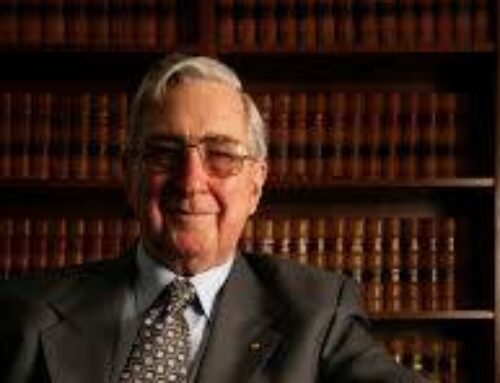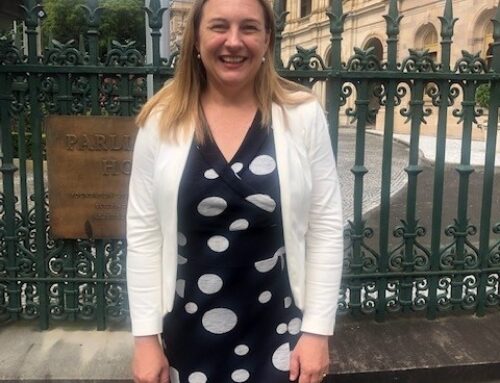Murphy’s Law is that if anything can go wrong, it will. For the past 20 years I’ve been complaining that Avery’s Law seems to be that if a person starts their own business, they will be injured before they have demonstrated consistent business earnings. It has been so often the case for my clients that I held my breath for the first two years of Kare Lawyers lest Renee or I had an accident. I am not usually superstitious and I am happy to report that we both emerged unscathed.
Calculating economic loss for self employed people was the bane of my existence in the early part of my career. I blamed it on the fact that I do not have a commerce degree. A generous colleague who does have a commerce degree confessed to me that she is also lost when trying to unravel the impact of an injury on business earnings.
The rise of the gig economy has only increased the number of cases in which Plaintiffs are either running businesses or conducting a “side hustle”. While some participates in these online platforms are arguably employees, the fact that they pay their own expenses and tax and receive their income sporadically does not make it any easier to calculate economic loss.

When I was acting for insurers, I found that most Plaintiff lawyers do one of two things when faced with this dilemma:-
- Engage a forensic accountant;
- Claim a general disadvantage in the labour market.
There is nothing intrinsically wrong with either of these approaches. Sometimes complex business structures must be unravelled professionally. In some cases, it is inevitable that the Court will apply a general disadvantage.
However, neither of these options is the silver bullet.
I have heard of at least one case where the Supreme Court refused to accept a forensic accountant’s evidence as expert evidence. I expect more Judges would do so in the right situation. If the calculation is within the capacity of a person without accounting qualifications then the accountant will not meet the definition of an expert witness.
Even if the case does call for the assistance of a forensic accountant, many junior lawyers (including myself in the day) make the mistake of thinking that the evidence will be conclusive. A good forensic accountant will work to scenarios based on the instructions provided by the client. However, it is still incumbent on us to obtain the evidence to support those scenarios.
It is worth remembering the following principle from Husher v Husher [1999] HCA 47:-
…damages for both past loss and future loss are allowed to an injured plaintiff ‘because the diminution of his earning capacity is or may be productive of financial loss’. Both elements are important. It is necessary to identify both what capacity has been lost and what economic consequences will probably flow from that loss. Only then will it be possible to assess what sum will put the plaintiff in the same position as he or she would have been in if injury had not been sustained.
Depending on the case, the forensic accountant may have expert qualifications to allow an analysis of the economic consequences which flow from a loss of capacity. As lawyers, we must obtain the medical and factual evidence to establish the loss of capacity.
The main problem with a general disadvantage claim is uncertainty. With so few personal injuries cases being determined by the Court in recent years, it is difficult to make an accurate assessment of the amount likely to be awarded for disadvantage in the labour market. There are no useful trends to observe and, in any event, there is limited assistance to be gleaned from previous cases. As Her Honour Judge Ryrie reminded us most recently in Smith v Moore [2014] QDC 273
It is trite law to say that any future economic loss assessment if made must be determined by reference to the facts of the particular case at hand and not through simple regard to other decisions in which courts have made awards of damages in broadly similar circumstances.
There are many cases where we know that the Court will make an allowance based on a general disadvantage but we need to obtain evidence to support the assumptions in support of the Plaintiff’s claim. Medical evidence will set out the limitations to the Plaintiff’s capacity to work and employees or co-workers may be able to give evidence about observable restrictions on the Plaintiff at work. I have even found cases where competitors are prepared to share their financial records to demonstrate the way in which the general business conditions have developed since the Plaintiff’s accident. Customers or clients who worked with the Plaintiff before and after the accident may be able to comment on the type of work they would have available for the Plaintiff in the future.
It is challenging to provide accurate advice to a self-employed Plaintiff about the extent of their recoverable economic loss. There is no easy answer and there is no substitute for good old fashioned evidence gathering.


![Medical Records and Claims for Personal Injuries – Maher v Russell [2022] ACTSC 297](https://karelawyers.com.au/wp-content/uploads/2023/02/files.jpg)



